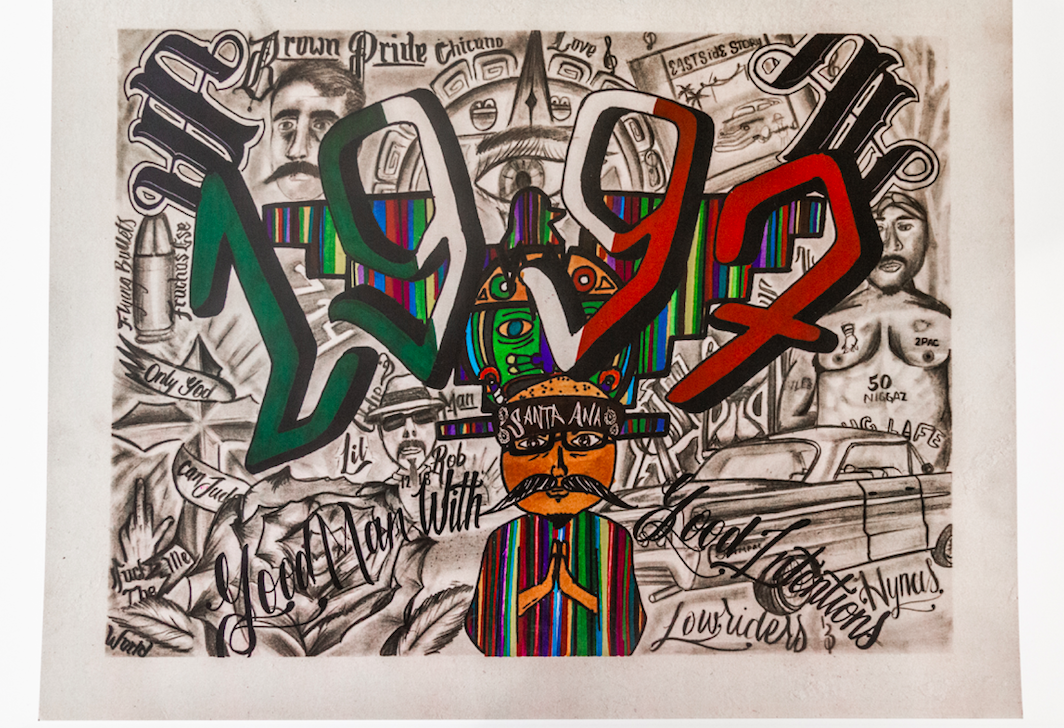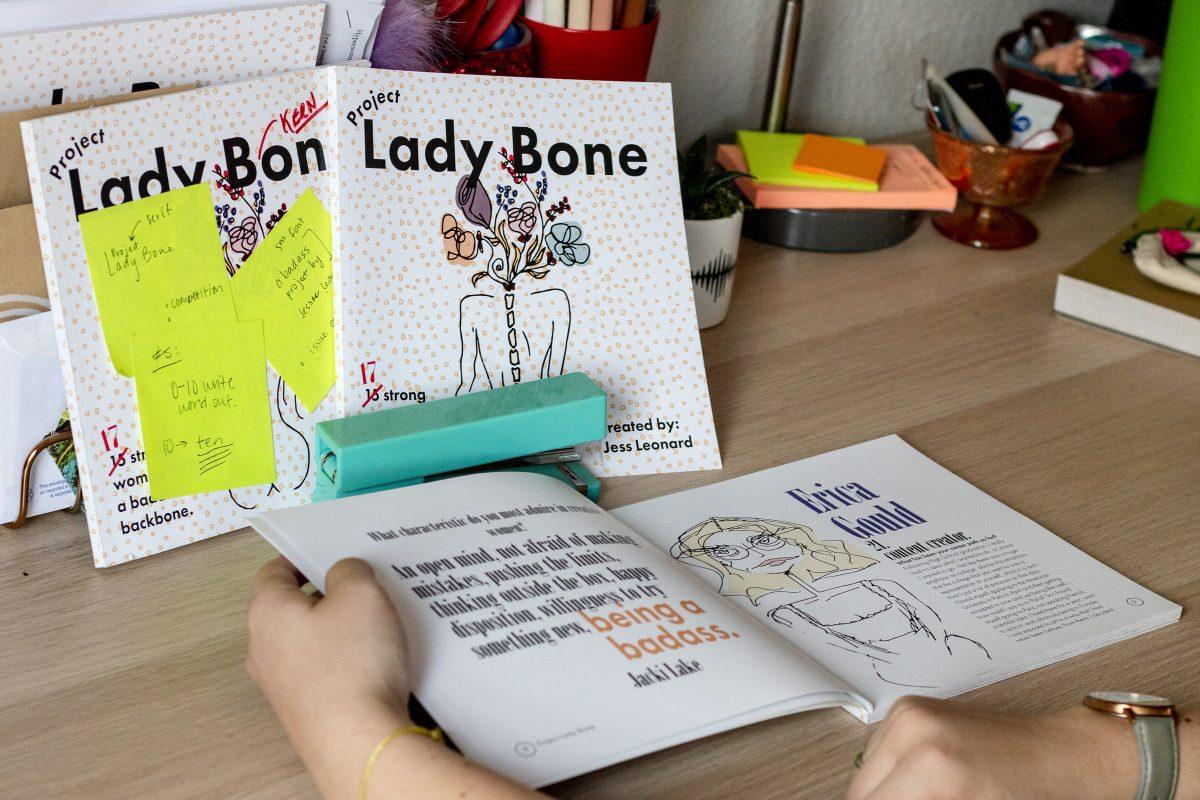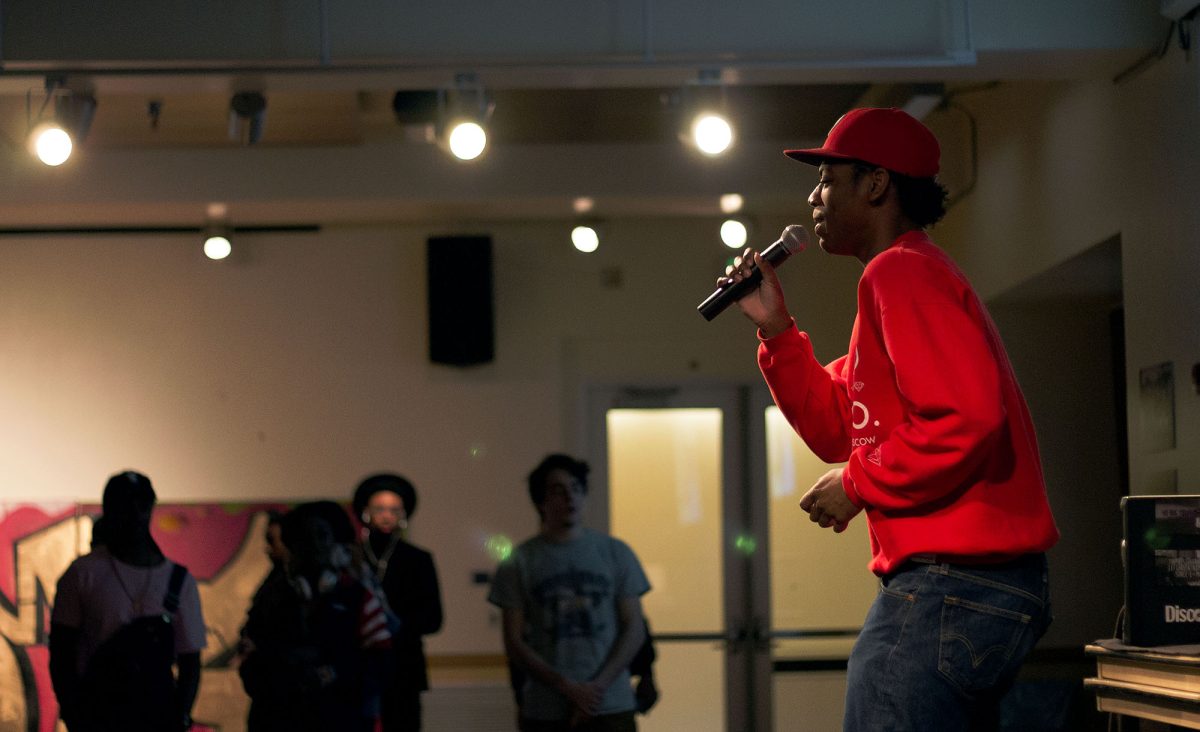Words by Olivia Singer, Illustration by Dorothy Hoeft
[dropcap]”I[/dropcap] remember thinking that the pictures of [Mexican] immigrants hiding in the back of cars being smuggled over the border stood for immigration in the public mind, but it’s so inefficient. That doesn’t even begin to tell the story,” says Ted Conover, Pulitzer Prize winner and author of the 1986 book Coyotes, which chronicles his experience illegally crossing from Mexico into the United States three times with immigrants. He wasn’t initially sure whether he would even be able to speak with any immigrants or find a story, but with determination, his idea turned into a year-long journey from which he gives an honest portrayal of the challenges faced and sacrifices made by many immigrants.
“The book is written off my experience but it isn’t my story. I am not the subject. They [the immigrants] are,” Conover says. “What got me interested is the fact that the people coming to the United States actually left another place. It’s such an important part of the story.”
Though Conover’s journey took place 30 years ago, the issues surrounding it are as relevant today. Immigration remains a highly controversial and popular topic in the United States, specifically with its relation to Mexico recently shown through President-elect Donald Trump’s request to build a wall between the two. “The discussion hasn’t got much more sophisticated than when I wrote this book,” says Conover. “There are arguments on both sides on whether unofficial immigration hurts us or not. There are two sides to it. Clearly, it is still a huge hot potato.”
His ideas and expectations of the journey Mexican immigrants make changed immensely after he participated in the long and sometimes brutal mission. “I thought, ‘just crossing the border fence is it. Then you’re in, right?’” He says. “I hadn’t appreciated how the 100 miles above the border is full of checkpoints and police trying to catch migrants who already crossed the fence. That’s the kind of thing you learn when you get to spend the time really getting into a subject.”
Conover says he still believes this book could be written today. “At the end of the book I talk about this immigration act that was passed in the ’80s that people thought was really going to normalize things. But that didn’t solve it,” Conover says. “The United States has continued to live with this as part of who we are and how we relate to our southern neighbor.”
He believes it would be more difficult and dangerous to cross the border today as there are many more weapons and drugs and the security in the U.S. is overall higher, but he doesn’t think it would be impossible to recreate a version of his story. He even hopes more journalists do so in order to continue bringing light to this immense issue. “There are so many ways a writer would have a different experience. It’s just a huge story, and I hope people keep writing about it.”
In case of any inspiration, Conover carries a small spiral notebook in his back right jean pocket and in his front left pocket he carries a pen. This is how he took notes for his story, which he would type up at the end of each day on his Bulgarian typewriter. “I would type every night the longer draft of my notes before I forgot, because you forget, you totally forget.” Though some details may be erased, the impact the journey had on his life and that he had on the immigrants is certainly not subject to ever being forgotten.
“What got me interested is the fact that the people coming here actually left another place. It’s such an important part of the story.”
However, Conover has been able to keep in contact with several of the immigrants he met along the way. He is even Facebook friends with one. “Five years ago, I got an email from one of the men who sent me a picture with his son. It was fantastic. It made me so happy. The internet has been really great for keeping in touch.”
After he decided it was time to return home, Conover says, “It was nice to go back to my old place and have a regular schedule I guess, but I am always sad to stop.” He says, “I feel regret after almost all my projects because it has been your life. It hasn’t always been comfortable, but once I parted ways with the last group of people I was with, I knew my life would be different, and obviously theirs would be too. I wouldn’t be there to know how their lives would be different and I felt a loss at that.”



















